While there are many contract clauses that can be used in construction contracts, there are really only four main contract types for a builder: time and materials, lump sum, total cost-plus, and guaranteed maximum price. The differences between these contract document types are subtle, but if you know what to look for, it’s easy to distinguish one from the other.
When it comes to construction, from construction work to labor costs to contracts to even the construction bidding process, it can all get confusing. But we’re here to explain the contracts for you so that’s one thing you can cross off the list. We’ve put together a short guide for contractors of 4 types of construction contracts, so you know what to expect with each contract type when finding new construction projects.
Time & Materials
In a time and materials construction contract, all costs are reimbursed by the customer, plus a markup for overhead and profit. Labor hours are usually billed at a marked-up billing rate, and materials are billed at cost plus a markup. Invoices for TM contracts are detailed lists of the costs incurred during the month, followed by the markup for overhead and profit. Customers may require proof of the costs, such as copies of invoices, checks, statements, etc.
Contractors generally prefer TM contracts because they know they will make a profit on the construction project. Since the customer bears all responsibility for the project costs, the contractor is free to just get the work done.
Pros
- Guaranteed profit on the construction project
- Don’t have to stress about cost controls
Cons
- Need to keep accurate records of all job and project costs
- Customers may request added paperwork to “prove” costs
Lump Sum
In a lump sum contract, all work is completed for a stipulated amount of money, no matter how much it costs the contractor to perform the work. The customer knows they will get the work they desire for a certain amount of money, and there are no surprises. Usually, the work is billed as it progresses on a percent complete basis.
The lump sum contracts are used most often in construction. Customers like to know how much they will pay before the work begins and want to know the costs won’t go over unless they approve them.
Pros
- Contractors can plan their income ahead of time
- Don’t have to “prove” costs with invoice copies, etc.
Cons
- If costs go up, there’s no way to get reimbursed for the loss of profit
- Requires tight construction cost controls to keep the project on budget
Cost-Plus
Cost-plus contracts are similar to time and materials in that the direct costs of the job are reimbursed by the customer. The markup is generally either a stipulated sum or a percentage of the costs. Work is billed similar to a T & M contract, where proof of expenses may be required.
Because of their similarity to time and materials contracts, contractors like cost-plus contracts just as much. They know they will make money on the project and don’t have to worry about controlling costs. Here are the pros and cons of a cost plus contract:
Pros
- Guaranteed profit on the project
- Cost controls can be looser than a lump sum contract
Cons
- Need to keep accurate records of all job and construction costs
- May need to submit added paperwork to “prove” costs
Guaranteed maximum price (GMP)
A guaranteed maximum price contract is a combination of cost-plus and lump sum contracts. The work is billed on a cost-plus basis until a maximum price is reached. The price to the customer cannot go over the maximum amount. If costs do go over, the contractor must absorb them. If costs do not reach the maximum, the contractor will be reimbursed for all of them.
A GMP contract is often used on design build projects, where the design hasn’t been completed when construction begins. The GMP contract attempts to protect both the customer and the contractor from potential construction cost overruns. Guaranteed maximum price contract pros and cons include:
Pros
- Contractor can be reimbursed for some additional costs (if there’s room in the contract)
- Contractor can plan income ahead of time
Cons
- Requires accurate record keeping
- May need to provide documentation to “prove” costs
- If costs go above the maximum, contractor cannot get reimbursed for them
Conclusion
Now that you know four different construction contract types, you’re able to decide on the right one for you. It’s important to understand all of the contracts and what they entail for better contract management. It’s also important to weigh the pros and cons, so they are no surprises when choosing a contract and starting construction work.
No matter what type of contract you’re working under, it pays to review them closely before signing. They may contain clauses that add additional risk or take away your legal rights. Consult with a construction or contract attorney before signing any new agreement or if you have concerns about a clause.
To find more work to bid on or learn how to bid construction jobs, the PlanHub construction bidding website for free today.
Resources

PlanHub To Hold Virtual Growth Summit for Construction Professionals
WEST PALM BEACH, Fla., June 12, 2025 /PRNewswire-PRWeb/ — PlanHub, the premier preconstruction management solution for commercial construction professionals, is proud to announce Virtual Growth

Building Better, Together: Our Unforgettable Experience at the 2025 Advancing Preconstruction Conference
Last week, five of us from PlanHub flew in from all across the U.S.—California, Arizona, Utah, and Wisconsin—to meet up in San Diego for one

PlanHub to Showcase the Latest in Preconstruction Management Tools at Advancing Preconstruction 2025
WEST PALM BEACH, Fla., April 29, 2025 /PRNewswire-PRWeb/ — PlanHub, the premier preconstruction management solution for commercial construction professionals, will be appearing for a third





